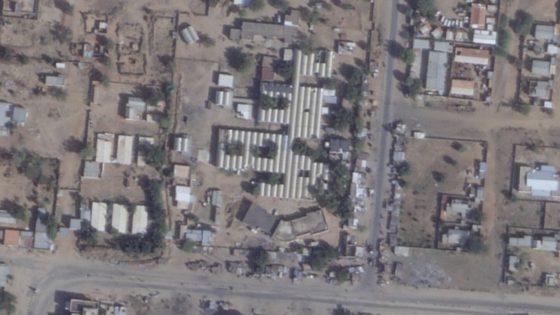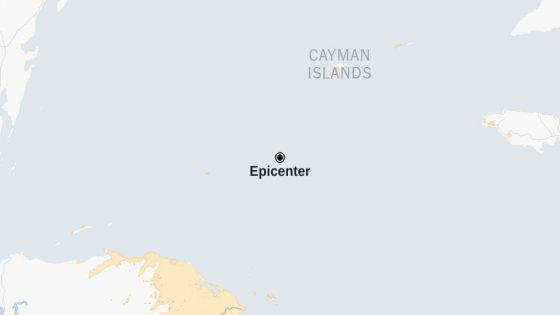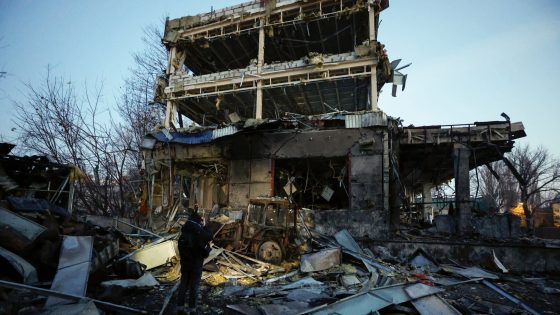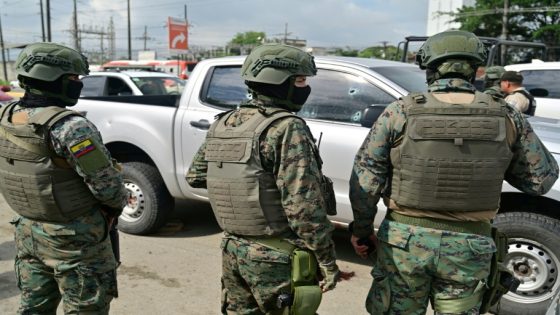On January 26, 2025, an attack on the Saudi Teaching Maternal Hospital in El Fasher, Sudan, resulted in the deaths of at least 70 people, according to the World Health Organization (WHO). The incident is part of escalating violence amid the ongoing civil war in Sudan, with local officials attributing the assault to the rebel group Rapid Support Forces (RSF).
- 70 killed in El Fasher hospital attack
- RSF blamed for escalating violence in Sudan
- WHO calls for peace and healthcare access
- RSF issued ultimatum to Sudanese forces
- Sudan's civil war has displaced millions
- Burhan vows to eliminate rebellion in Sudan
The WHO’s Director-General, Tedros Adhanom Ghebreyesus, confirmed the casualty figures, highlighting the dire situation for civilians in the besieged city.
The conflict in Sudan has intensified since April 2023, leading to widespread violence and significant casualties. The RSF, which has been engaged in combat with the Sudanese military, has reportedly caused immense suffering in El Fasher, a city that has been under siege for months. The WHO reported that the hospital was treating many patients at the time of the attack, emphasizing the urgent need for protection of healthcare facilities.
Key statistics from the ongoing conflict include:
- Over 28,000 people have died since the fighting began in April 2023.
- More than 1 million people are currently displaced in El Fasher.
- In December, the UN reported 782 civilian deaths and over 1,140 injuries due to the RSF siege.
The RSF has not claimed responsibility for the hospital attack, but local officials have pointed fingers at them. The situation remains precarious, with humanitarian efforts hampered by violence and a lack of access to affected areas. International calls for a ceasefire and protection of civilians have not yet yielded results, as fighting continues unabated.
The attack on the Saudi Teaching Maternal Hospital underscores the severe impact of the ongoing civil war in Sudan, particularly on healthcare and civilian safety. As violence escalates, the need for international intervention and humanitarian assistance becomes increasingly urgent.

































